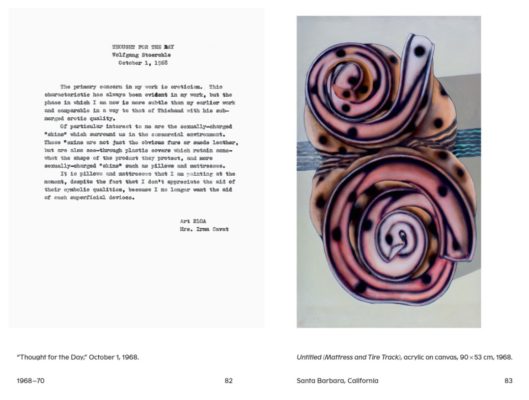-
×
 Gnose & Gnose & Gnose - Aymeric Vergnon-d'Alençon
1 × 25,00 €
Gnose & Gnose & Gnose - Aymeric Vergnon-d'Alençon
1 × 25,00 € -
×
 MENU メニュー - Wataru Tominaga
1 × 20,00 €
MENU メニュー - Wataru Tominaga
1 × 20,00 € -
×
 IMPROVISATION N. 190220 - Miki Lowe
1 × 18,00 €
IMPROVISATION N. 190220 - Miki Lowe
1 × 18,00 € -
×
 Link Human / Robot - Collectif dir. Emmanuelle Grangier
1 × 18,00 €
Link Human / Robot - Collectif dir. Emmanuelle Grangier
1 × 18,00 € -
×
 Il est si difficile de trouver le commencement - Helen Thorington
1 × 28,00 €
Il est si difficile de trouver le commencement - Helen Thorington
1 × 28,00 €
Sous-total : 109,00 €



















